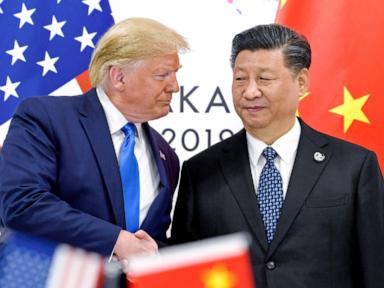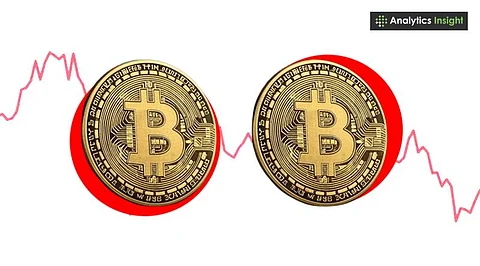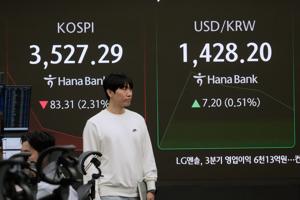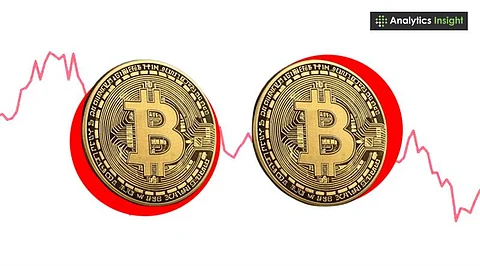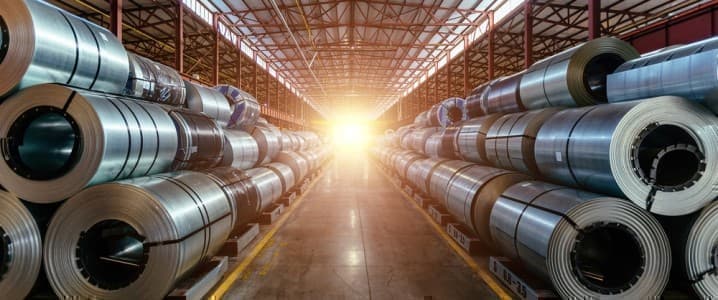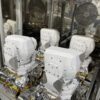Iron ore prices have surged, with futures in Singapore reaching nearly $100 per ton, the highest level since May. This increase is driven by renewed commitments from the Chinese government to address overcapacity in essential industrial sectors. As a result, sentiment across the ferrous markets has improved significantly. During trading, Singapore futures rose by as much as 3.6%, marking the largest daily increase since September.
For more than 18 months, iron ore futures have fluctuated within a narrow band between $90 and $110 per ton. On the Dalian Exchange, which is more closely tied to the Chinese market, futures closed at their highest since April. According to UBS analyst Simon Penn, “Iron ore has gained more than 5% in two weeks, having recovered a third of its early year tariff-related loss in just the last 10 sessions.”
Government Actions and Market Reactions
Market dynamics shifted as top officials reiterated their commitment to tackling overcapacity, which has previously contributed to price declines. Steven Yu, a researcher at Mysteel, noted that “many industries are currently caught in a wave of anti-overcapacity, leading to rising prices.” He highlighted that iron ore had experienced a nearly 10% decline from mid-May, making the recent rebound particularly pronounced.
This positive shift in demand is echoed in the futures of Dalian coking coal, a critical component in steel production, which saw an increase of over 4.5% on Thursday, reaching 900 yuan (approximately $125.40) per ton, the highest price since May.
Data from Mysteel indicates that rebar steel inventories are continuing to decline, contrary to expectations of stockpiles building up at this time of year. Additionally, only minor increases in hot-rolled steel inventories suggest stronger-than-anticipated demand in the market.
Broader Economic Implications
In a related development, reports of potential policy support have led to a surge in Chinese property stocks. The Bloomberg Intelligence index of real estate stocks in China jumped by 11%, while Goldman’s China-H Real Estate basket gained 7.4%. Individual companies have also seen significant price increases, with Logan Group Co. soaring by 85% in Hong Kong and Sino-Ocean Group Holding Ltd. rising by 37%.
These movements indicate that the Chinese government may be taking more decisive actions to stabilize the economy, possibly in response to growing economic dissent. As President Xi Jinping recently emphasized during a visit to a valve manufacturer in Shanxi province, the traditional industries remain crucial and should not be neglected.
The implications of these developments are significant, not only for the iron ore market but also for the broader Chinese economy as it navigates the complexities of industrial regulation and economic growth.










